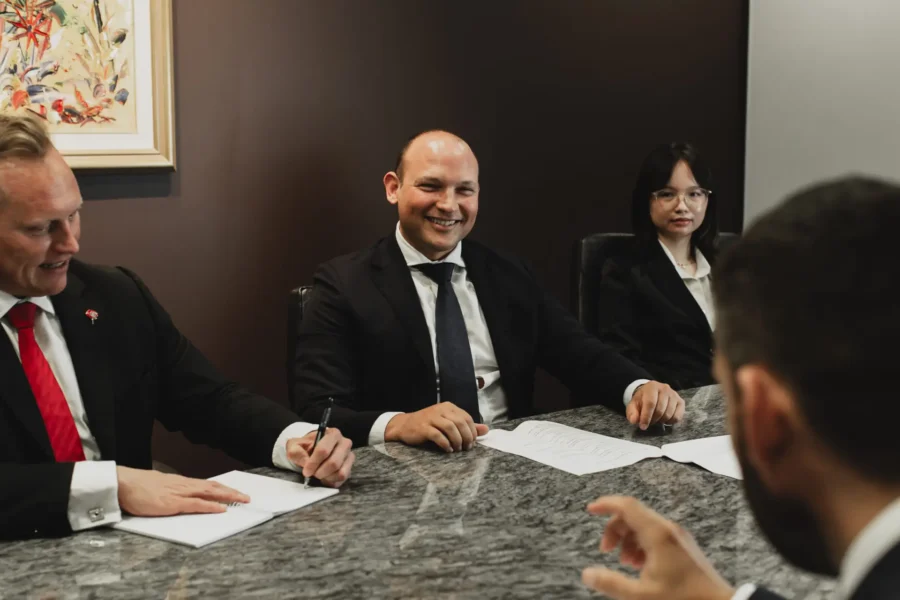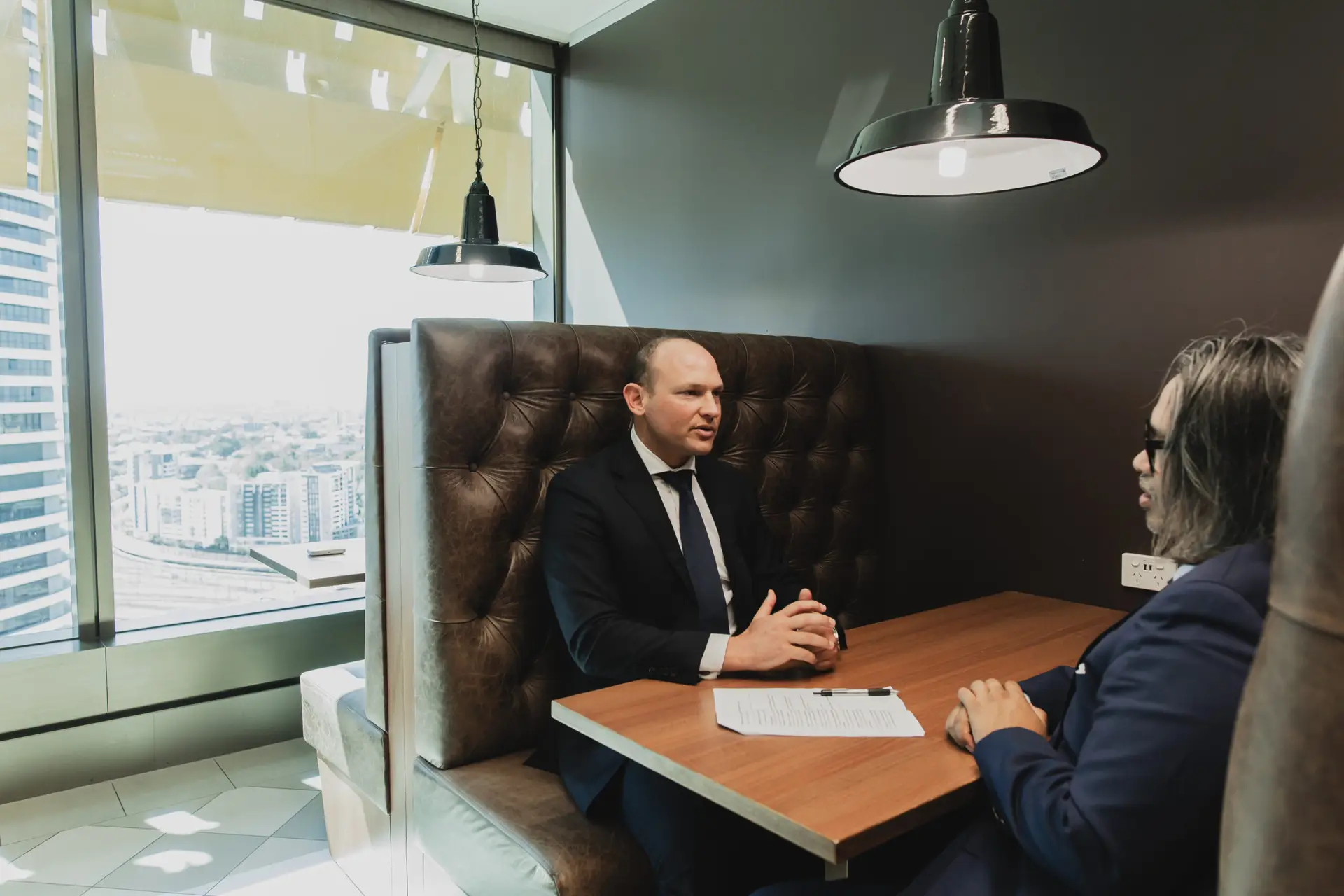The Road to Recovery
Upon the winding up of a company, a liquidator will often be faced with the task of recovering payments to directors or director-related entities. Especially where a company has a sole director or is a family business, these payments can often be confusing to characterise and may appear to have no real basis. In order to claw the money back, a liquidator needs to be able to identify the relevant cause of action that pertains to the relevant payment.
There are three categories in which payments to directors often fall. First, loans that are made to a director by the company; secondly, gifts made by the company; and finally, money which directors simply take.
Loan Accounts
Where a payment to a director is recorded as a loan in a company’s books, commencing an action for recovery is fairly uncomplicated. All the liquidator needs to do is proceed against the director for recovery of a debt. The record in the company’s books, by virtue of s 1305 of the Corporations Act 2001 (Cth) (the Act), is prima facie evidence of the loan. This means that it will be accepted as evidence of the loan in the absence of any evidence to the contrary. Where such a record exists, the director against whom proceedings are commenced bears the burden of disproving their own indebtedness. If there is no record of the terms of loan or arrangements for repayment, the loan will be characterised as repayable upon the liquidator’s demand.
In the case of Damelian Automobile Pty Ltd (receivers and managers appointed) v Damelian, a director was ordered to repay over $1.5 million to the company. There was a record of the loan in the company’s books and the director had signed a report as to affairs certifying that the company’s books were true and correct. He later tried to assert that some amounts had been incorrectly recorded against his loan account. Hammerschlag J found that such an assertion did not discharge the director’s burden to disprove his indebtedness and ordered him to repay the amounts.
At times, there may be payments to a director which are loans but are not recoded as such. It then falls to the liquidator to determine what payments constitute loans and reconstruct them as loan accounts. For example, it is often tempting for directors of a small company to “draw” upon the company in lieu of wages. This has the effect of remunerating directors whilst avoiding the cash flow issues that may arise from the deduction and withholding of PAYG tax. Upon winding-up, directors may point to the long hours they work and attempt to characterise these payments as wages. In the absence of any tax paid upon these amounts or wage records, these payments can be characterised as loans and recovered by the liquidator.
Gift
Where there are payments by a company to a director or a related entity which cannot be characterised as loans, the Act empowers a liquidator to void the transaction and recover the monies. Sections 588FB and 588FDA allow a court to void uncommercial transactions and unreasonable director-related transactions respectively. Although in some circumstances both will apply, s 588FDA has a particular focus on transactions that relate to a director or a related party (for example, their spouse). Both provisions focus on whether a reasonable person in the companies would have entered into the transaction by looking at the detriment caused to the company and benefit gained by the other party to the transaction. Generally, where a reasonable person in the company’s position would not have allowed the payments to have been made, a liquidator will be able to apply to the court for orders under s 588FF, including an order for recovery of the money paid.
Breach of Duty
Where money has been taken by a director or transferred by a director to a third party and there is no basis for the liquidator to recover for any of the above causes of action, they may seek to recover the money by commencing an action for breach of duty under the Act. Sections 180 to 183 of the Act outline the duties that a director owes to company, including the duties of care and diligence, good faith and to use their position for the benefit of the company alone. Where a director has breached any of these duties by making a payment of the company’s money to themselves or a third party, they may be liable to pay compensation pursuant to s 1317H of the Act. A director also owes similar fiduciary duties at common law and may therefore also be liable to pay compensations in relation to those duties.
Money had and received
The last resort of a liquidator is an action for money had and received. Where money has been removed from the company’s account with no explanation, a liquidator can sue on a common money count. This requires the liquidator to prove that the payments are money had and received by the director for the use of the company. Commencing proceedings under this action can be difficult as the onus rests upon the liquidator.
Recovering the monies
Where there are not enough records to determine viable causes of action or the situation is simply too complicated, a liquidator can gain further information by examining the directors under s 596A of the Act. Examinations also allow liquidators to get a picture of what the directors’ case may be at trial and in particular, whether they might claim any defences under s 588FG of the Act. As each party bears its own costs at an examination, it is also an opportunity to test the strength of a liquidator’s case before commencing with a potentially costly recovery action.
Before commencing proceedings, a liquidator should send a letter of demand and attempt to engage in mediation to keep costs down and satisfy the court’s requirements in their particular jurisdiction.
When proceedings are commencing, straight-forward debt recovery actions and director’s duty actions should be commenced in the name of the company, whereas actions under ss 588FB and 588FDA of the Act should be commenced in the name of the liquidator.






